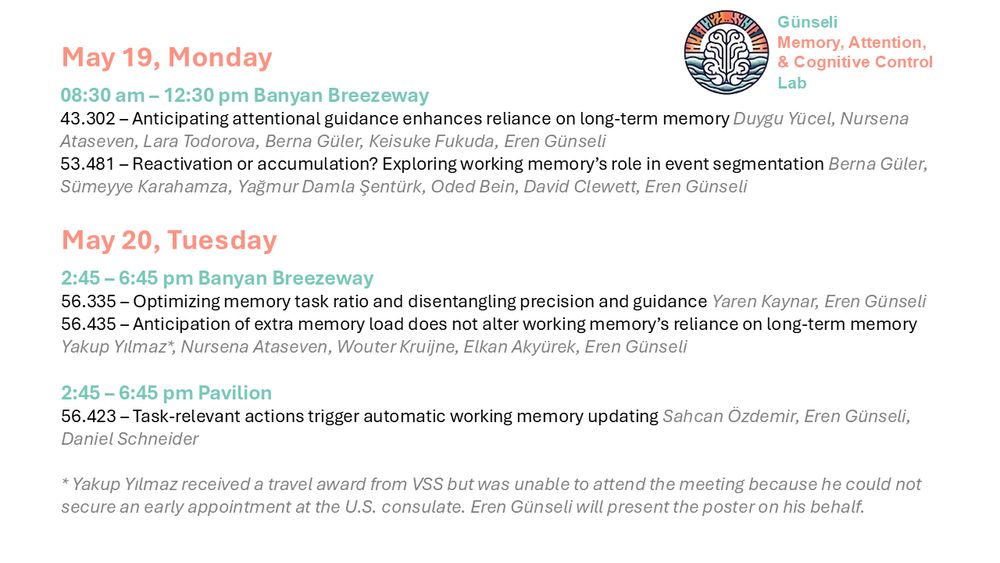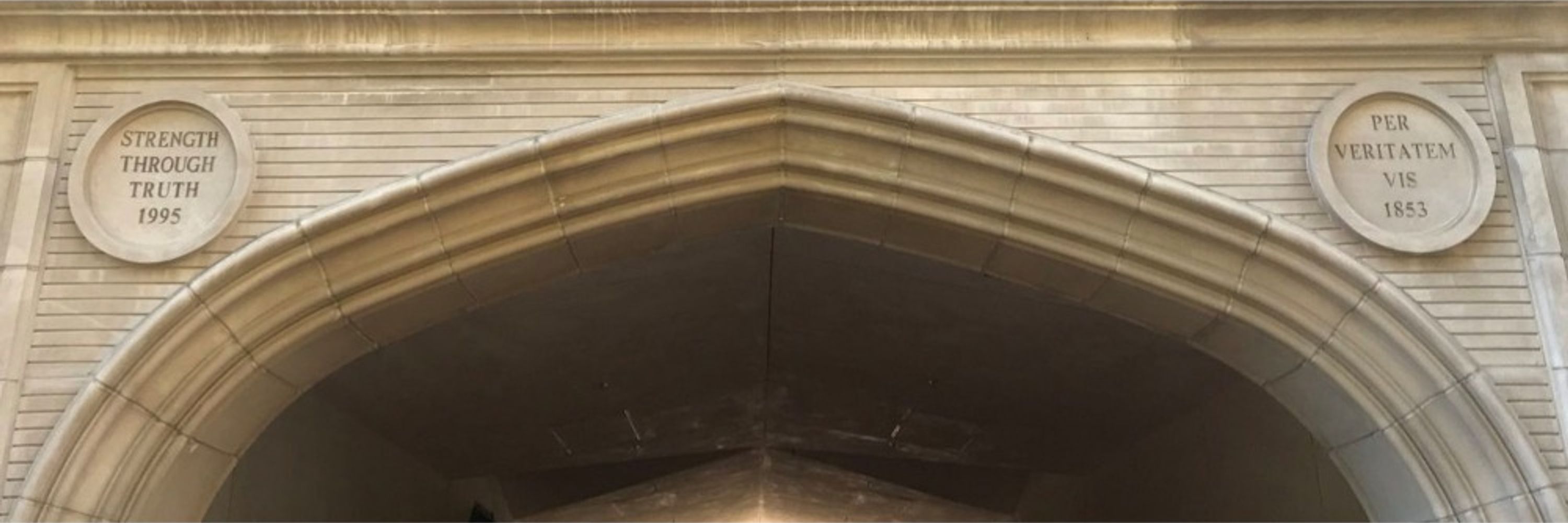
Apply by *Dec 15*!
More info here: momchiltomov.com/news/2025/12...
Read the full paper here: osf.io/preprints/ps...

Read the full paper here: osf.io/preprints/ps...
www.sciencedirect.com/science/arti...

🔍 Join us as a Postdoctoral Researcher (fully-funded) at the Helmholtz Institute for Human-Centered AI in Munich.

🔍 Join us as a Postdoctoral Researcher (fully-funded) at the Helmholtz Institute for Human-Centered AI in Munich.

1) It's high altitude and dry here, DRINK WATER, take it easy your first day in!
2) From the airport, save $/emissions by taking the light rail 🚈 to Union Station, then rideshare/25min walk to the Sheraton hotel 1/
1) It's high altitude and dry here, DRINK WATER, take it easy your first day in!
2) From the airport, save $/emissions by taking the light rail 🚈 to Union Station, then rideshare/25min walk to the Sheraton hotel 1/
NANO048: "Human Intracranial Recordings: Cognitive and Clinical Science"
Wed. Nov. 19 from 8-10am (🙃)
Room 23A
NANO048: "Human Intracranial Recordings: Cognitive and Clinical Science"
Wed. Nov. 19 from 8-10am (🙃)
Room 23A


More here!
artsci.washu.edu/ampersand/gr...



More here!
artsci.washu.edu/ampersand/gr...
@sucholutsky.bsky.social and I are seeking a postdoc and RA for a project on trust in AI systems with folks at NYU, Princeton, BU, and Cornell
Positions open until filled. Apply soon! Please share 🔁
postdoc: apply.interfolio.com/175495
RA: apply.interfolio.com/175497
@sucholutsky.bsky.social and I are seeking a postdoc and RA for a project on trust in AI systems with folks at NYU, Princeton, BU, and Cornell
Positions open until filled. Apply soon! Please share 🔁
postdoc: apply.interfolio.com/175495
RA: apply.interfolio.com/175497
ctcn.wustl.edu/postdoc-fell...

ctcn.wustl.edu/postdoc-fell...
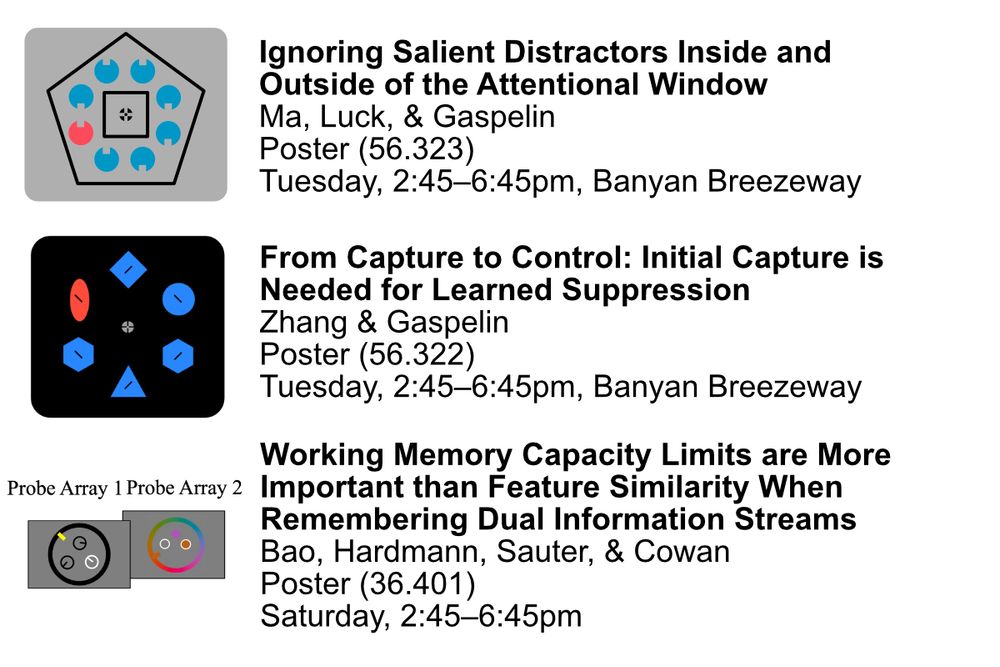
@atabk.bsky.social @wouterkool.bsky.social @zreagh.bsky.social
www.nature.com/articles/s44...
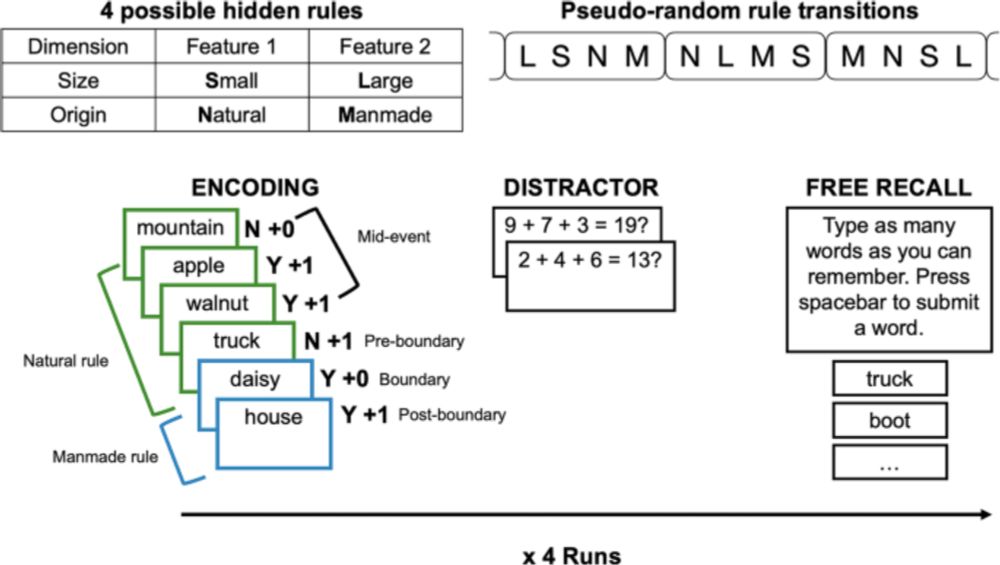
@atabk.bsky.social @wouterkool.bsky.social @zreagh.bsky.social
www.nature.com/articles/s44...

@atabk.bsky.social @wouterkool.bsky.social @zreagh.bsky.social
www.nature.com/articles/s44...
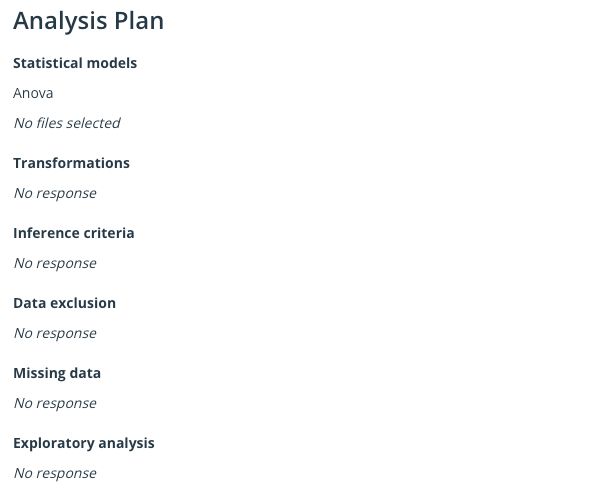
sites.wustl.edu/systemsneuro...
sites.wustl.edu/systemsneuro...





